Common ChatGPT Use Cases: Practical Applications Across Industries
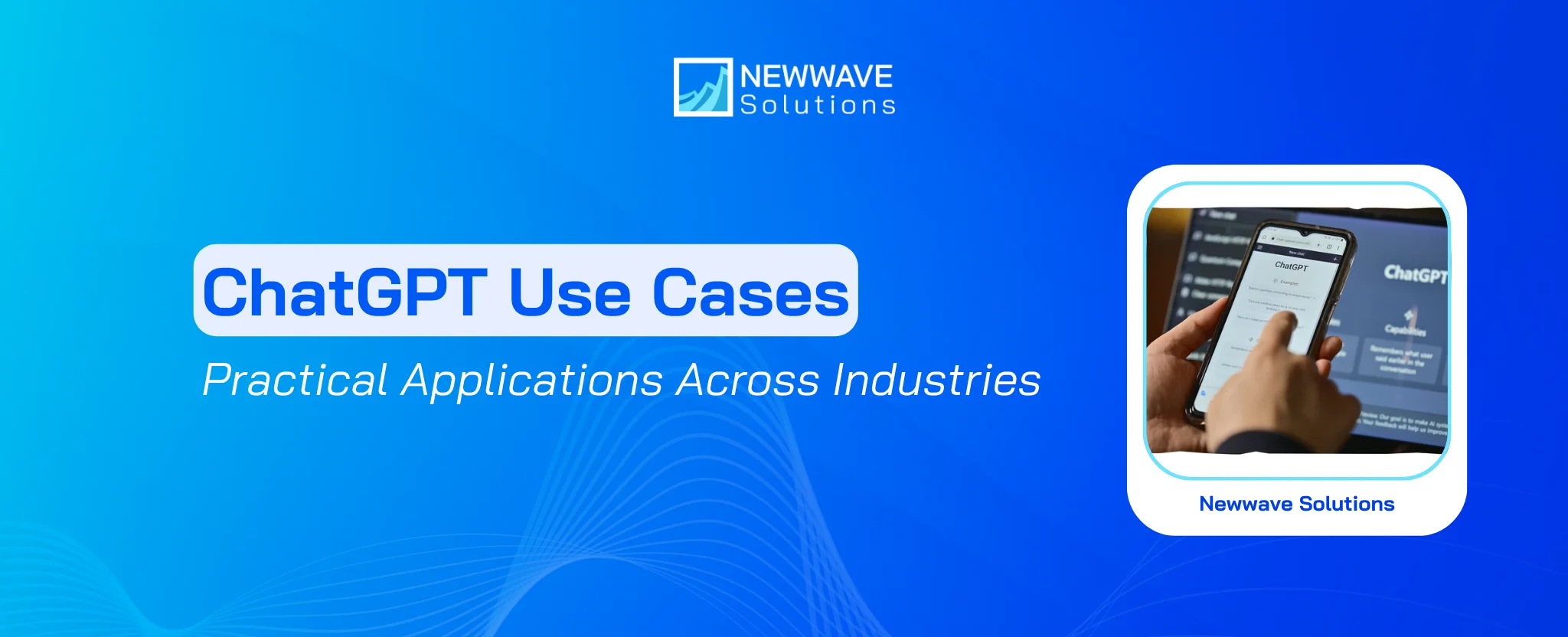
The emergence of ChatGPT marked a turning point in how businesses, industries, and individuals use artificial intelligence to operate. This technology has extended into countless domains and delivered demonstrable benefits across sectors.
In this article, we will explore key ChatGPT use cases in various fields, highlight outcomes achieved, and also address challenges and limitations when deploying AI. The insights shared here will help your business understand how to leverage ChatGPT use cases for meaningful impact.
Why ChatGPT matters today?
ChatGPT has quickly become one of the most talked-about AI tools in the world. Built on advanced large language models (LLMs), it can understand, write, and respond almost like a human. Its growing capabilities make it a big part of how people and companies work, create, and innovate today.
- A smarter way to work: ChatGPT helps people and businesses handle daily tasks faster, from writing and planning to analysing data, saving hours of manual effort.
- A driver of digital transformation: Many companies now use ChatGPT to automate customer interactions, generate content, and improve decision-making, leading to better productivity and reduced costs.
- An accessible AI for everyone: ChatGPT makes artificial intelligence easier to use for both tech professionals and everyday users, removing the complexity often associated with AI tools.
- A tool that keeps evolving: Each new version—like GPT-5—brings smarter reasoning, better accuracy, and new features that open more real-world use cases.
- A catalyst for innovation: ChatGPT inspires teams to think differently about how technology can solve problems and create new value in their industries.
Top 5 General Use Cases of ChatGPT
Before diving into how ChatGPT is changing specific industries, let’s look at five common, everyday use cases that show what this AI can already do and the kind of results it delivers.
Content Generation & Copywriting
ChatGPT has become a go-to tool for marketers, writers, and business owners who need content fast. It can create blog posts, social media captions, or product descriptions that sound natural and stay on-brand. Many marketing teams now use it daily to brainstorm ideas and keep up with constant content demand.
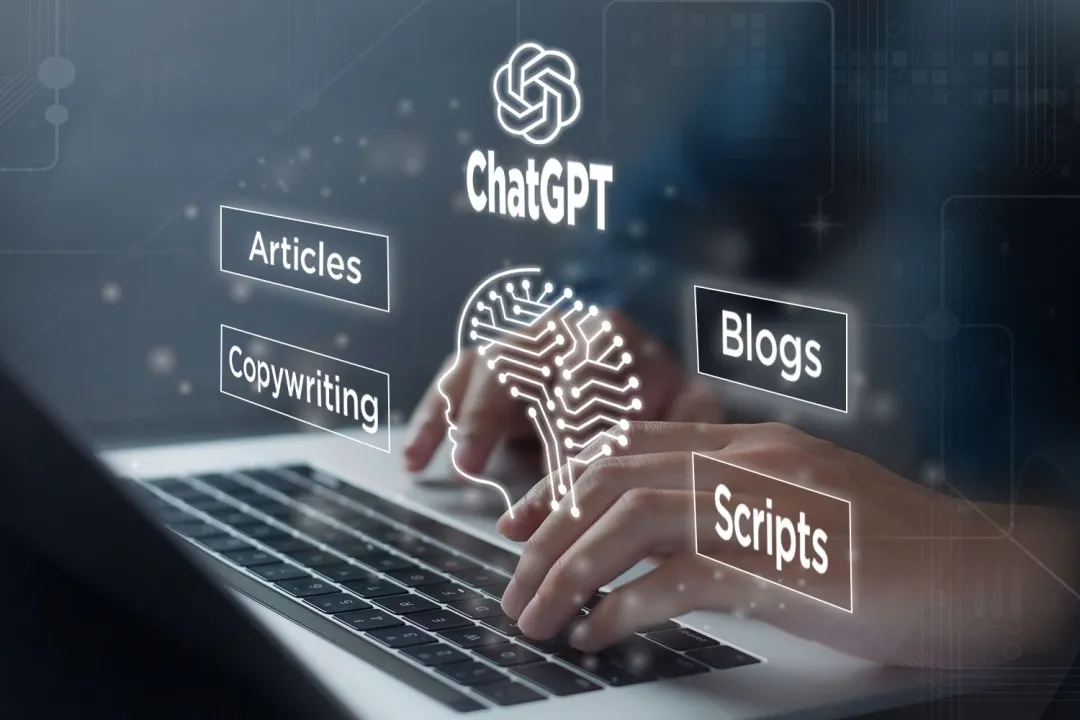
Customer Support & Conversational Agents
Many companies use ChatGPT as the brain behind chatbots that handle customer questions 24/7. These AI-powered agents can give instant, accurate answers, improving user experience while reducing the need for large support teams. The result is faster service and happier customers.
Coding Assistance & QA Automation
Developers rely on ChatGPT to help with coding tasks such as writing snippets, fixing bugs, and explaining code logic. It also assists QA teams by generating test cases or reviewing code for errors, which speeds up software development cycles and improves code quality.
Data Analysis & Insights Generation
ChatGPT can read and summarise large amounts of text or data, turning complex information into simple insights. Teams use it to analyse reports, draft executive summaries, or uncover key trends without spending hours manually reviewing data.
Training & Knowledge Management
Businesses use ChatGPT to create training materials, answer employee questions, and build internal knowledge bases. It acts as a smart learning assistant that helps teams share information efficiently, reducing the time needed for onboarding and continuous learning.
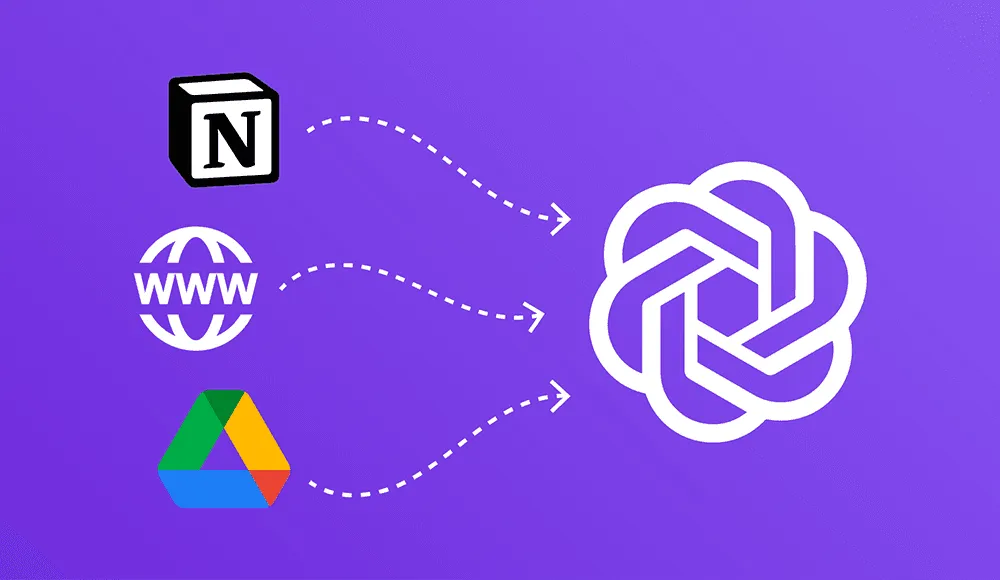
ChatGPT Use Cases in Healthcare
- Clinical documentation automation: Many hospitals now use ChatGPT to automatically generate and summarise clinical notes and discharge summaries, which streamlines administrative workflows and reduces manual input for healthcare professionals.
- Virtual patient assistants & triage support: Healthcare providers deploy ChatGPT–powered chatbots to field patient queries and conduct preliminary symptom checks 24/7, improving accessibility and reducing wait times for initial screening.
- Research support & knowledge synthesis: Medical researchers use ChatGPT to parse large volumes of academic literature, extract key insights, and suggest hypotheses, thereby accelerating discovery and reducing time-to-insight in drug development and clinical studies.
- Personalised patient education: Healthcare software development organisations apply ChatGPT to craft customised instructional content (medication instructions, lifestyle advice) based on individual patient profiles, which enhances patient engagement and adherence.
- Mental-health support & monitoring: Some clinics integrate ChatGPT with mental-health platforms to help monitor symptoms, provide self-care tools, and triage cases for professional follow-up—though human oversight remains essential.
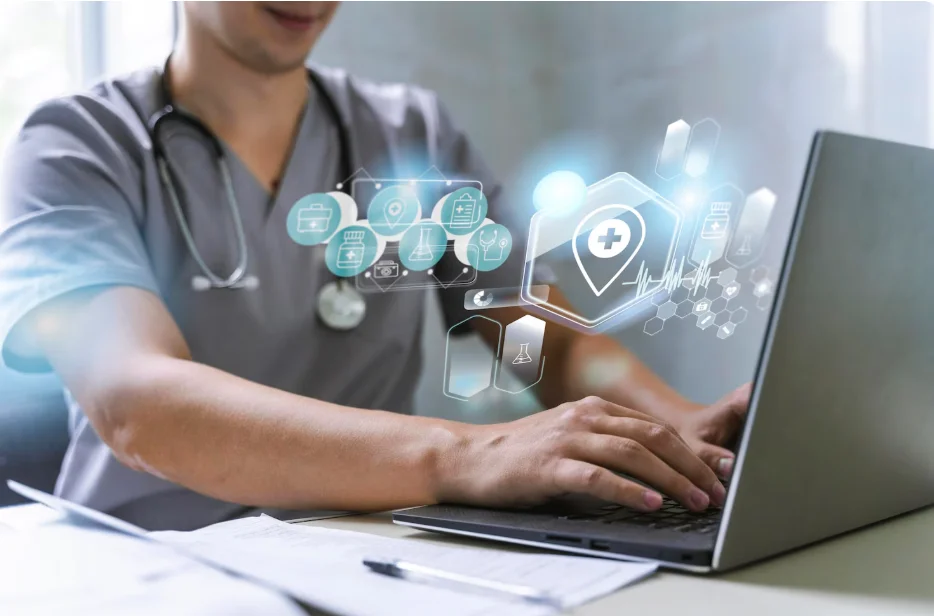
ChatGPT Use Cases in Supply Chain
- Demand forecasting & inventory optimisation: Organisations use ChatGPT in “ChatGPT supply chain use cases” to analyse historical data and market trends, thereby predicting demand more accurately and helping reduce both over-stock and stockouts.
- Supplier communication & contract automation: ChatGPT is applied to draft standardised communications and contract templates for procurement teams, which speeds up onboarding of new suppliers and reduces manual correspondence overhead.
- Logistics tracking & exception management: Supply-chain teams deploy ChatGPT-powered agents that monitor shipments, flag delays or bottlenecks, and suggest corrective actions in real-time, improving responsiveness in last-mile delivery.
- Knowledge sharing & process documentation: Entities utilise ChatGPT to automatically generate standard operating procedures, training manuals, and process flows for supply chain operations, enabling faster training and consistent operations.
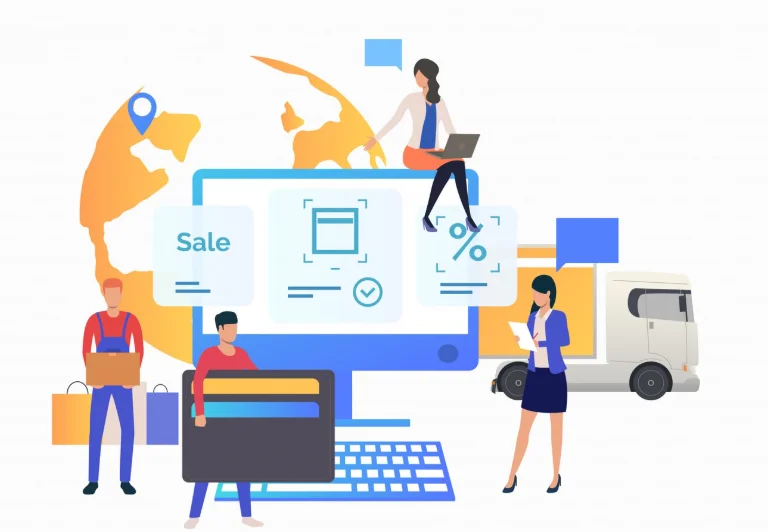
ChatGPT Agent Mode Use Cases
- Autonomous workflow orchestration: With the rise of “ChatGPT 5 use cases” and the Agent Mode feature, businesses now delegate multi-step operations—such as data gathering, analysis, and report generation—to ChatGPT agents, freeing up human teams to focus on strategy.
- Tool-integration and API coordination: ChatGPT agents are increasingly used to bridge systems via API calls (for example, CRM → ERP → dashboard), automating entire sequences—from data fetch to communication actions—without constant human prompts.
- Virtual team assistants for project orchestration: Project teams adopt ChatGPT Agent Mode as a dedicated virtual assistant—task-assignment, progress monitoring, documentation, and reminders—all handled in one unified workflow, which boosts team efficiency.
- Domain-specific intelligent agents: Organisations use ChatGPT Agent Mode to build specialised assistants for fields such as legal, finance, or technical support—agents that can independently perform domain-tailored tasks, reducing the reliance on human specialists for routine work.
5 Key Challenges & Ethical Considerations of ChatGPT Usage
With all the practical benefits, applying ChatGPT across industries brings some serious challenges—especially around legal, accuracy and verification concerns—that many programming experts are still grappling with. Below are some of the main challenges and ethical issues your business should consider before embracing GPT-powered solutions.
- Accuracy and hallucination risk: Large language models like ChatGPT may generate plausible but incorrect or misleading answers, which pose a significant risk in high-stakes domains such as healthcare or legal services.
- Data privacy and compliance: Deploying ChatGPT in regulated industries demands strict adherence to data protection rules (e.g., HIPAA in healthcare), and misuse of sensitive data could result in legal liability.
- Bias and fairness concerns: AI models reflect the biases present in their training data, which can lead to unfair or discriminatory output—organisations must monitor and mitigate these risks proactively.
- Lack of human oversight: Over-reliance on ChatGPT without human review can cause errors to propagate. In critical systems, human-in-the-loop remains essential to ensure reliability and accountability.
- Ethical use and responsibility: The deployment of ChatGPT must align with ethical principles such as transparency, consent and intended use. Without guardrails, organisations may face ethical and reputational risks.
Conclusion
In summary, ChatGPT has found numerous applications in diverse industries—including content creation, customer support, healthcare, and supply chain—and it has produced substantial benefits. By following our recommendations, you will gain clarity on how to implement ChatGPT use cases effectively to increase productivity and performance in your operations.
If your organisation is ready to partner with a seasoned team for high-quality software, web, or mobile development, reach out to Newwave Solutions for expert guidance and support. We are pleased to deliver quality experts to help businesses in launching software development solutions, web application services, mobile app development, game development, etc., and other IT-related tasks.
Contact Information:
- Head Office (Hanoi): 1F, 4F, 10F, Mitec Building, Cau Giay Ward, Hanoi City, Vietnam
- Branch Office (Tokyo): 1chōme118 Yushima, Bunkyo City, Tokyo 1130034, Japan
- Hotline: +84 985310203
- Website: https://newwavesolution.com
- Email: [email protected]
To Quang Duy is the CEO of Newwave Solutions, a leading Vietnamese software company. He is recognized as a standout technology consultant. Connect with him on LinkedIn and Twitter.

Read More Guides
Get stories in your inbox twice a month.
Let’s Connect
Let us know what you need, and out professionals will collaborate with you to find a solution that enables growth.
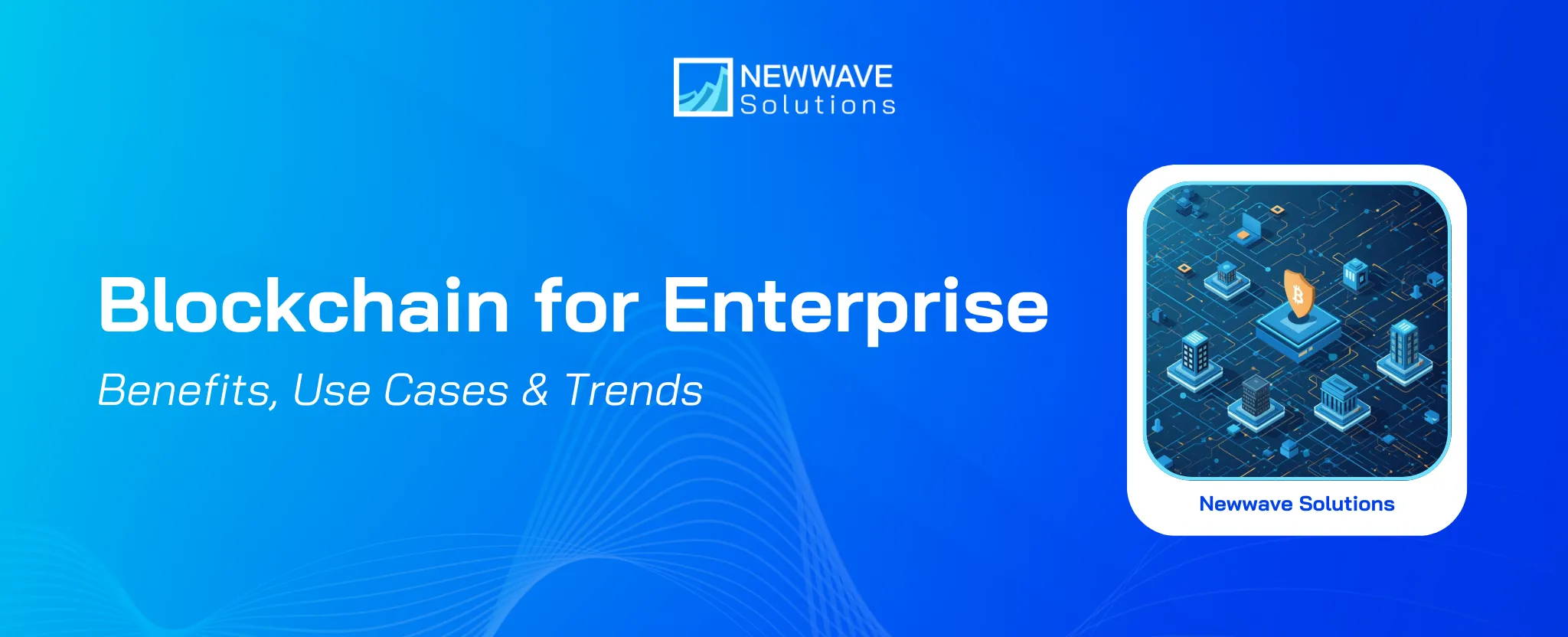

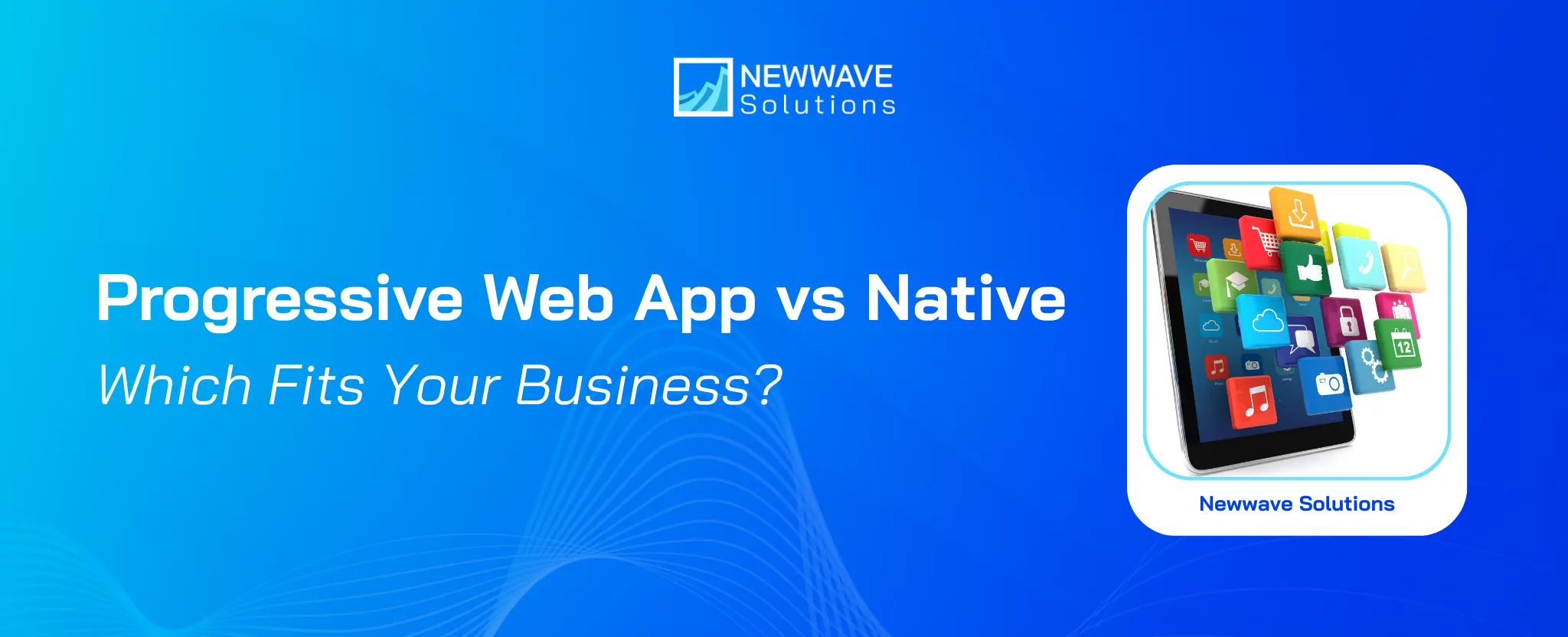

Leave a Reply